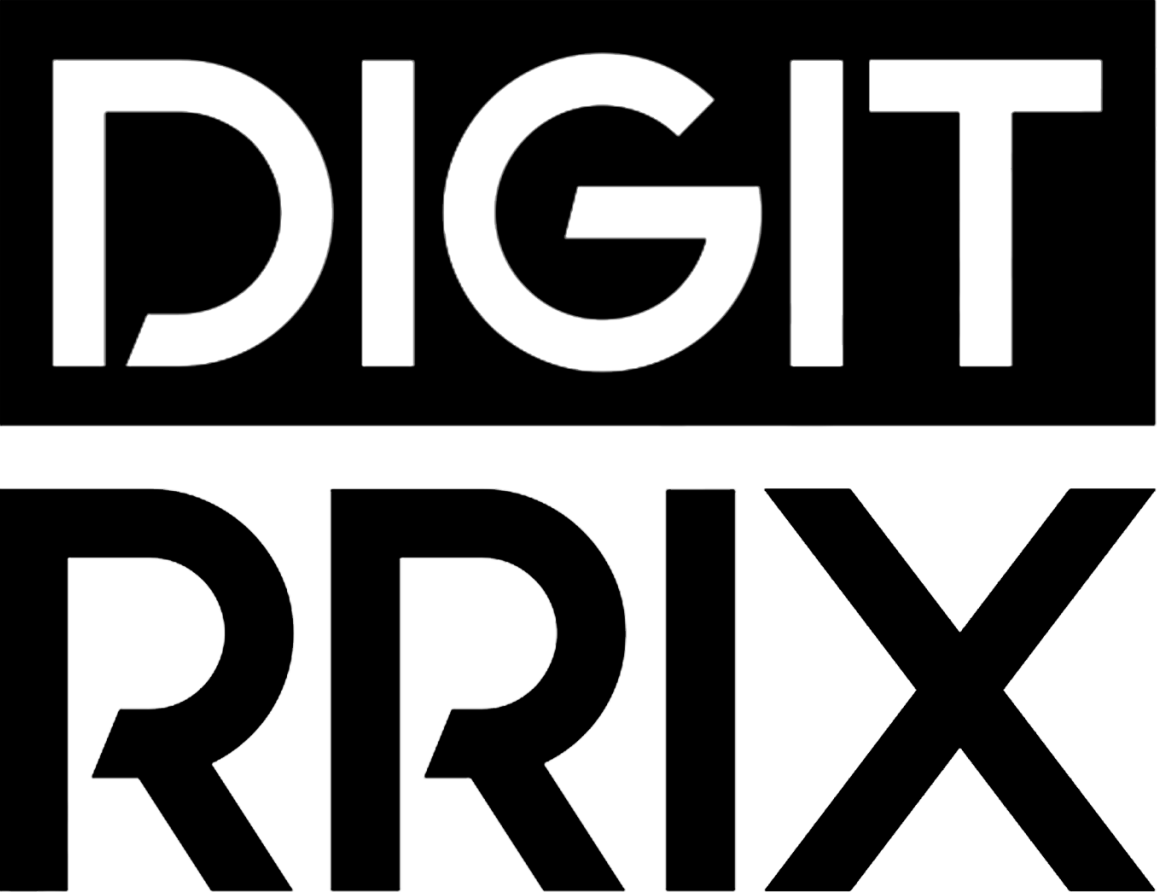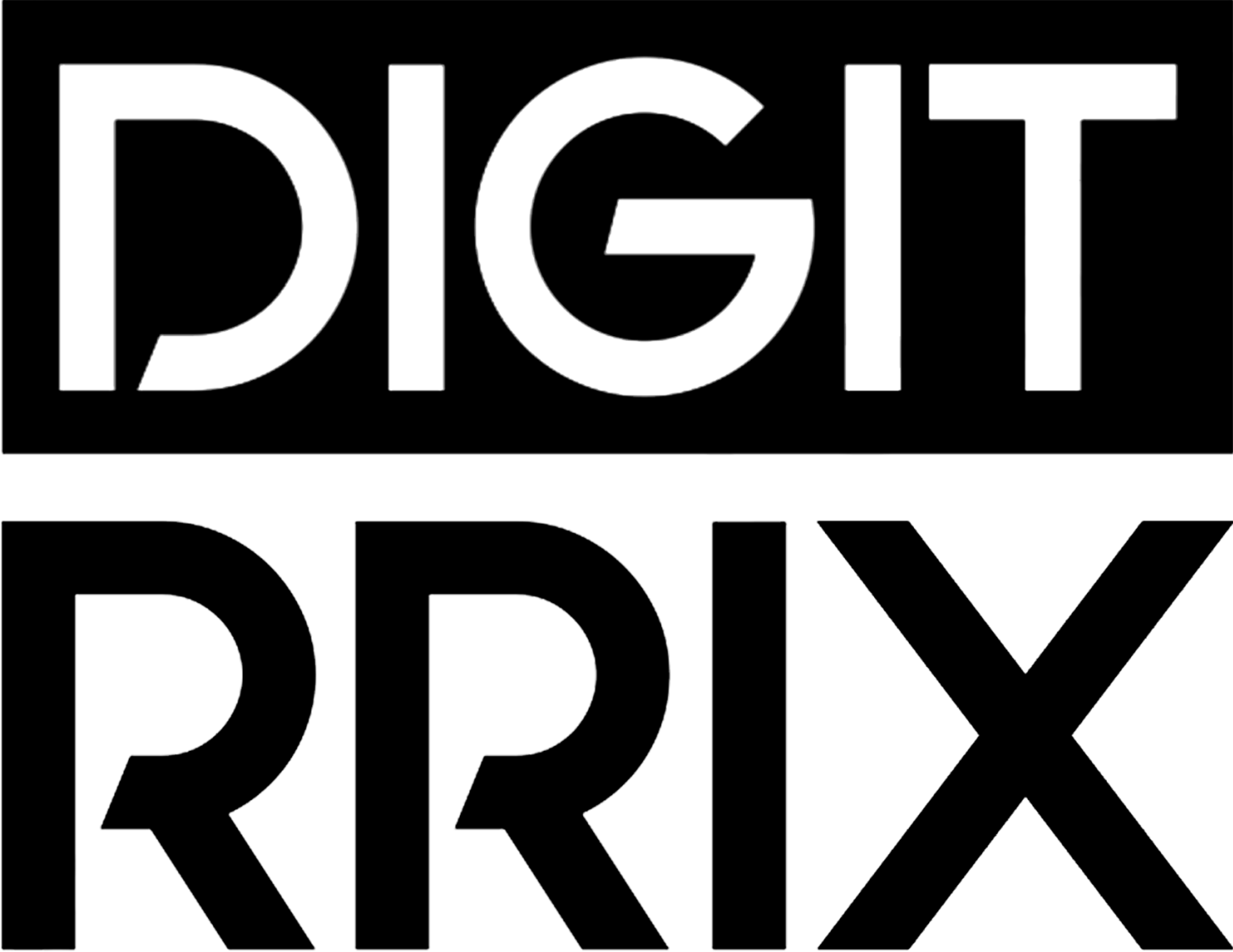
The Future of Work: Why Your Business Needs Software Services Now
In today’s rapidly changing business landscape, staying ahead means understanding the evolution of work itself. As companies increasingly embrace innovative technologies, the integration of Software Services becomes essential for enhancing productivity and streamlining operations. Furthermore, the rise of remote work has transformed how teams collaborate and communicate, making the right tools pivotal for success. By adopting cost-effective solutions that prioritize data security and align with evolving business models, organizations can not only safeguard their operations but also position themselves at the forefront of future workplace trends. It’s time to explore how embracing these advancements can redefine the future of work for your business.
Understanding the Shift: How Work is Evolving
In recent years, the work landscape has experienced profound changes, reshaping how businesses operate and deliver value. Several factors contribute to this evolution, reflecting advancements in technology, employee expectations, and global dynamics.
Key Trends Influencing the Evolution of Work:
- Remote Work Adoption: The pandemic accelerated the shift to remote work, proving that many roles can be performed effectively outside a traditional office setting. As a result, businesses are adopting hybrid models, blending in-office and remote work.
- Digital Transformation: Companies increasingly leverage technology to automate processes and facilitate collaboration. This transformation not only boosts efficiency but also enhances accessibility to vital resources and information.
- Focus on Employee Well-being: Businesses are now prioritizing mental health and work-life balance, understanding that employee satisfaction directly correlates with productivity. A positive work environment fosters creativity and innovation.
- Gig Economy Growth: The rise of freelancers and contract workers allows companies to tap into specialized skills on an as-needed basis. This flexibility enables businesses to quickly adapt to changing project demands without the long-term commitment of full-time hires.
- Skill Development and Upskilling: As technology continues to evolve, there is a growing emphasis on continuous learning. Companies are investing in training programs to equip their workforce with new skills that meet emerging industry needs.
The Importance of Adapting to Change:
For businesses to thrive in this changing environment, embracing these shifts is crucial. Doing so enables organizations to:
- Enhance agility and responsiveness to market demands.
- Foster a culture of innovation through diverse talent utilization.
- Leverage modern Software Services to facilitate remote collaboration and productivity.
By understanding these trends and their implications, businesses position themselves to navigate the future of work effectively, harnessing opportunities presented by this new era.

The Role of Software Services in Enhancing Productivity
In today’s fast-paced business environment, Software Services play a crucial role in boosting productivity across various sectors. As organizations embrace digital transformation, the integration of tailored software solutions increasingly facilitates more efficient workflows. One of the key advantages of incorporating these services is the automation of repetitive tasks, which allows employees to allocate their time towards more strategic responsibilities. By automating mundane activities such as data entry and report generation, companies can significantly enhance overall output levels.
Furthermore, Software Services provide collaborative tools that foster seamless communication among team members, regardless of their geographical locations. Platforms such as project management software and real-time communication applications help streamline project collaborations while reducing delays often resulting from miscommunication. With improved coordination, teams can operate more cohesively, leading to faster decision-making processes and project deliveries.
Additionally, employing specialized software for data analytics empowers businesses to track performance metrics and identify bottlenecks in their operations. This visibility enables organizations to make informed adjustments quickly, significantly optimizing productivity. The use of dashboards and automated reporting tools saves valuable time and minimizes human error in analyzing complex data.
To further enhance the capabilities of their workforce, businesses can leverage training and development modules integrated into Software Services. This empowers employees to improve their tech skills and stay updated with industry trends, resulting in a more competent workforce that is better equipped to handle challenges.
In summary, the role of Software Services in enhancing productivity is undeniable, as they not only automate processes but also promote collaboration and provide valuable insights into performance. By investing in software solutions, companies are ultimately setting the stage for long-term success in an ever-evolving business landscape.
Adapting to Remote Work: Tools for Success
As the paradigm of work shifts towards a more flexible model, software services play a pivotal role in facilitating successful remote operations. Businesses that leverage the right tools not only enhance productivity but also maintain team cohesion and communication, regardless of physical distance.
One of the most critical areas where software services excel is communication. Platforms like Slack, Microsoft Teams, and Zoom offer seamless messaging and video conferencing capabilities, allowing teams to stay connected in real-time. This fosters collaboration, enabling brainstorming sessions, quick check-ins, and project updates to occur effortlessly, promoting a sense of unity among team members.
In addition to communication, project management tools such as Asana, Trello, and Monday.com are essential for remote teams. These platforms offer features that allow members to track progress, assign tasks, and manage deadlines—all within a centralized system. This visibility not only clarifies responsibilities but also enhances accountability, thereby ensuring that projects remain on course and meet organizational goals.
Furthermore, adopting cloud storage solutions like Google Drive and Dropbox facilitates easy access to documents and files from anywhere in the world. This eliminates the hassle of physical paperwork and ensures that everyone has the latest information at their fingertips, thereby reducing delays and improving workflow efficiencies.
To support employee well-being, companies should also integrate time management and wellness tools. Apps like RescueTime promote a healthy work-life balance by helping individuals understand their productivity patterns. Meanwhile, tools such as Calm or Headspace encourage relaxation and mindfulness, vital for maintaining mental health in a remote setting.
Transitioning to remote work may present challenges, but with the right software services in place, businesses can not only navigate this shift effectively but also set the stage for long-term success. Embracing innovative tools fosters an adaptable workforce ready to tackle the fast-evolving landscape of modern work.
Cost-Effective Solutions: Streamlining Operations with Software
In today’s fast-paced business environment, efficiency is key to maintaining a competitive edge. Embracing Software Services offers a wealth of cost-effective solutions that can significantly streamline your operations. Here are several ways in which leveraging technology can lead to substantial savings and improved productivity:
- Automated Processes: Automation is at the heart of operational efficiency. Software solutions can automate repetitive tasks, such as invoicing, payroll, and inventory management, reducing human error and saving valuable time. This not only cuts labor costs but also allows your employees to focus on strategic activities that drive growth.
- Scalability: Cloud-based Software Services provide businesses with the flexibility to scale operations up or down based on current needs. Whether you’re experiencing a seasonal surge in demand or looking to minimize costs during lean periods, software solutions can easily adjust to fit your operational requirements without significant additional investment.
- Enhanced Collaboration: Collaboration tools integrated into software platforms can facilitate better communication among team members. When employees can work together seamlessly, project timelines can be shortened, minimizing potential delays and enhancing overall productivity.
- Data-Driven Decision Making: Advanced analytics provided by various software tools enable businesses to make informed decisions based on real-time data. By identifying trends and patterns, companies can optimize their operations to eliminate waste and enhance efficiency.
- Reduced IT Overhead: Many modern software solutions are subscription-based and web-hosted, which significantly reduces the need for in-house IT infrastructure. This means lower maintenance costs and a decrease in the resources dedicated to IT staff, allowing those funds to be redirected towards other critical business areas.
By integrating these cost-effective software solutions, businesses not only streamline their operations but also position themselves for long-term success in an increasingly digital world. Embracing such innovations is no longer a luxury; it’s a necessity for sustainability in today’s competitive market.

Data Security: Protecting Your Business in the Digital Age
In today’s digital landscape, safeguarding your business’s sensitive information is paramount. With the increasing reliance on technology and the internet, the need for robust Software Services that prioritize data security has never been greater. Cyber threats are evolving, and your organization must stay proactive rather than reactive in its approach to data protection.
First and foremost, investing in high-quality Software Services provides your business with advanced security measures, such as encryption and multi-factor authentication. Encryption ensures that your data remains confidential during transmission, while multi-factor authentication adds an extra layer of security by requiring multiple forms of verification before access is granted. These features are crucial in mitigating the risk of unauthorized access, theft, or data breaches.
Moreover, implementing regular software updates and patches helps shield your systems from vulnerabilities. Cybercriminals often exploit weaknesses in outdated software; hence, adopting a diligent update schedule can prevent potential attacks. Reliable Software Services will facilitate these updates seamlessly, ensuring your systems are fortified and compliant with the latest security standards.
Furthermore, data backups are integral to your security strategy. A solid backup plan protects your business from ransomware attacks, where critical data can be held hostage. Regularly backing up data in secure locations—either on the cloud or through physical drives—offers peace of mind and continuity in case of unexpected incidents.
Lastly, educating your team on best practices for data security cannot be overlooked. No amount of advanced technology can replace the human element in cybersecurity. Training employees to recognize phishing attempts and secure their own devices forms a robust defense, empowering them to actively participate in safeguarding your business’s data.
In summary, as the digital landscape continues to evolve, investing in strong software solutions focused on data security is essential for protecting your business and ensuring its longevity in a competitive market.
Integrating Software Services with Your Business Model
Today’s dynamic market landscape demands that businesses rethink and innovate their operational strategies. Integrating Software Services into your business model is not merely an option; it’s a necessity for staying competitive and agile. By aligning these services with your organizational structure, you can streamline workflows, enhance collaboration, and ultimately boost your bottom line.
One of the most compelling benefits of incorporating Software Services is improved efficiency across all levels of your operation. For example, project management tools can help teams stay organized and maintain timelines. These applications provide functionalities like deadline tracking, resource allocation, and real-time communication, ensuring everyone on your team stays engaged and in sync. Adopting these solutions fosters accountability and drives results, as tasks become more transparent and measurable.
Furthermore, integrating Software Services can significantly enhance customer engagement. Automating customer relationship management (CRM) through tailored software enables businesses to analyze consumer behavior, tailor marketing efforts, and build stronger relationships. This customer-centric approach not only increases satisfaction but also cultivates loyalty, leading to repeat business and brand advocacy.
To optimize integration, consider flexibility and scalability. Select Software Services that align with your existing infrastructure and can grow alongside your business. Cloud-based solutions, for instance, provide seamless integration capabilities, enabling you to adapt and expand your service offerings without substantial new investments.
Finally, employee training and support should not be overlooked in this integration process. By adequately equipping your team with the necessary skills to leverage these tools, you ensure that your investment translates directly into improved performance and outcomes. Tailored training sessions can enhance user adoption and minimize resistance to change, setting the stage for a smoother transition into a more tech-savvy work environment.
In summary, integrating Software Services into your business model is fundamental for achieving operational excellence, fostering customer loyalty, and ensuring sustainable growth in an evolving workplace landscape.
Future Trends: How Software Services Will Shape the Workplace
As we move into an increasingly digital landscape, the role of Software Services in shaping the future workplace cannot be overstated. Businesses that embrace these innovations will experience enhanced efficiency, streamlined operations, and a more agile workforce. Here’s how these trends will manifest in the coming years:
- AI and Automation Integration: Businesses will increasingly integrate artificial intelligence and automation into their operational processes. Software services equipped with AI will not only increase productivity but also reduce human error in repetitive tasks. This trend enables employees to focus on higher-value activities that require creativity and critical thinking.
- Remote Collaboration Tools: As remote work becomes a permanent fixture, software solutions that facilitate collaboration will continue to evolve. Look for tools that enable seamless communication and project management across various locations. Features such as virtual reality meetings and real-time document editing are gaining traction, fostering an environment of inclusivity regardless of physical distance.
- Enhanced Data Analytics: The ability to harness big data will shape business strategies. Software Services that provide advanced analytics will empower organizations to make informed decisions based on operational insights. Real-time data collection and predictive analytics will enable proactive management and smarter resource allocation.
- Personalized Employee Experiences: Emerging software solutions will also cater to personalized employee experiences. Tools that provide customized learning opportunities, wellness programs, and performance tracking will enhance job satisfaction and retention rates.
- Cybersecurity as a Standard: As businesses embrace digital transformation, cybersecurity will become a central focus. Future software services will prioritize data protection and privacy compliance, ensuring that businesses can operate safely in the digital age.
In summary, the future workplace will be defined by the profound impact of Software Services. Embracing these trends will not only prepare your business for the challenges ahead but also put you at the forefront of industry innovation.

Frequently Asked Questions
What are software services and how can they benefit my business?
Software services refer to a range of customized solutions tailored to enhance and automate various business processes such as project management, customer relationship management, and data analysis. By integrating software services, businesses can streamline operations, improve efficiency, and reduce costs. These services enable real-time data access and collaboration, fostering informed decision-making. Ultimately, leveraging software services positions your business at the forefront of industry innovation, driving growth and competitiveness.
How do I determine which software services are right for my business?
Determining the right software services for your business involves assessing your specific needs and challenges. Start by identifying key areas where efficiency can be improved or automation is required. Conduct stakeholder interviews, analyze business objectives, and evaluate current processes. Consulting with a technology expert can also provide insights tailored to your industry. It’s essential to choose software solutions that align not only with your immediate goals but also with your long-term growth strategy.
Can small businesses benefit from software services as much as larger enterprises?
Absolutely! Small businesses can significantly benefit from software services just as much as larger enterprises. In fact, software solutions can level the playing field by offering access to tools and capabilities that were traditionally available only to larger organizations. Efficient software services can help small businesses manage resources, optimize workflows, and enhance customer interactions, all while being cost-effective. This is crucial in a competitive landscape where agility and responsiveness are key to success.
What should I consider when implementing new software services in my company?
Implementing new software services requires careful planning to ensure a successful transition. Important considerations include defining clear objectives, assessing the compatibility of the new software with existing systems, and ensuring proper training for employees. It’s also crucial to set realistic timelines and provide ongoing support. Additionally, consider data security and compliance standards during implementation. Engaging with stakeholders throughout the process will facilitate smoother adoption and maximize the value of the new software services.



